Filter by
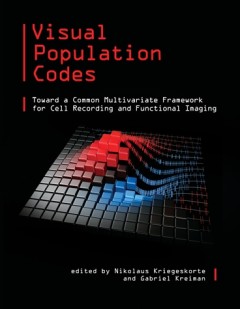
Visual population codes: Toward a common multivariate framework for cell reco…
Vision is a massively parallel computational process, in which the retinal image is transformed over a sequence of stages so as to emphasize behaviorally relevant information (such as object category and identity) and deemphasize other information (such as viewpoint and lighting). The processes behind vision operate by concurrent computation and message passing among neurons within a visual are…
- Edition
- -
- ISBN/ISSN
- 9780262303576
- Collation
- 1 online resource.
- Series Title
- -
- Call Number
- -
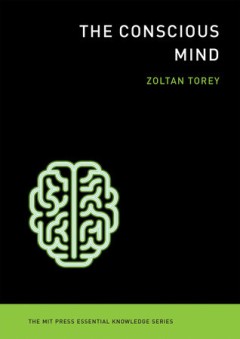
The conscious mind
An account of the emergence of the mind: how the brain acquired self-awareness, functional autonomy, the ability to think, and the power of speech."How did the human mind emerge from the collection of neurons that makes up the brain? How did the brain acquire self-awareness, functional autonomy, language, and the ability to think, to understand itself and the world? In this volume in the Essent…
- Edition
- -
- ISBN/ISSN
- 9780262319300
- Collation
- 1 online resource (xii, 191 pages).
- Series Title
- -
- Call Number
- -
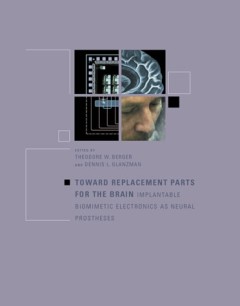
Toward Replacement Parts for the Brain: Implantable Biomimetic Electronics as…
A Bradford book.""This book has its origins in a meeting, entitled "Toward replacement parts for the brain: intracranial implantations of hardward models of neural circuitry" that took place in Washington, D.C. in August 1989"--Preface.The continuing development of implantable neural prostheses signals a new era in bioengineering and neuroscience research. This collection of essays outlines cur…
- Edition
- -
- ISBN/ISSN
- 9780262268226
- Collation
- 1 online resource (ix, 405 pages) :illustrations
- Series Title
- -
- Call Number
- -
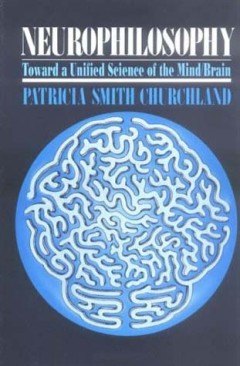
Neurophilosophy :toward a unified science of the mind-brain.
Five chapters in the book's first part, "Some Elementary Neuroscience," sketch the history of the science of nervous systems and provide a general introduction to neurophysiology, neuroanatomy, and neuropsychology. In the second part, "Recent Developments in the Philosophy of Science," chapters place the mind-body problem within the wider context of the philosophy of science. Drawing on recent …
- Edition
- -
- ISBN/ISSN
- 9780262315944
- Collation
- 1 online resource.
- Series Title
- -
- Call Number
- -
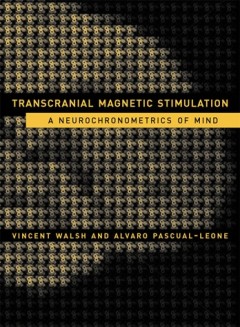
Transcranial Magnetic Stimulation: A Neurochronometrics of Mind
The mainstays of brain imaging techniques have been positron emission tomography (PET), functional magnetic resonance imaging (fMRI), magnetoencephalography (MEG), and event-related potentials (ERPs). These methods all record direct or indirect measures of brain activity and correlate the activity patterns with behavior. But to go beyond the correlations established by these techniques and prov…
- Edition
- -
- ISBN/ISSN
- 9780262285735
- Collation
- 1 online resource (xx, 297 pages) :illustrations.
- Series Title
- -
- Call Number
- -
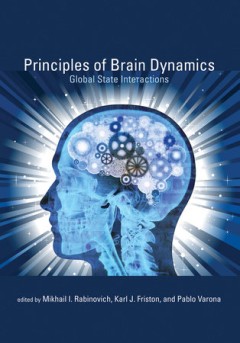
Principles of brain dynamics :global state interactions
Experimental and theoretical approaches to global brain dynamics that draw on the latest research in the field. The consideration of time or dynamics is fundamental for all aspects of mental activity--perception, cognition, and emotion--because the main feature of brain activity is the continuous change of the underlying brain states even in a constant environment. The application of nonlinear …
- Edition
- -
- ISBN/ISSN
- 9780262305587
- Collation
- 1 online resource (vi, 344 pages, 16 unnumbered pages of plates) :illustrations (some color).
- Series Title
- -
- Call Number
- -

Swords and Sustenance: The Economics of Security in Belarus and Ukraine
The stability of the former Soviet states is threatened by their precarious geopolitical position within a turbulent economic and political environment. Swords and Sustenance explores the complex economic dimension of national security for two key post-Soviet countries, Belarus and Ukraine--that is, how they have dealt with the challenges posed by internal economic and political reform and thei…
- Edition
- -
- ISBN/ISSN
- 9780262278126
- Collation
- 1 online resource (xiii, 266 pages).
- Series Title
- -
- Call Number
- -
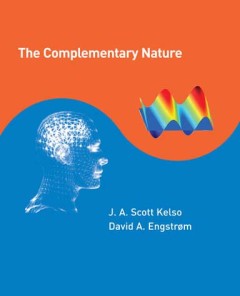
The Complementary Nature
"A Bradford book."Why do we divide our world into contraries? Why do we perceive and interpret so many of life's contraries as mutually exclusive, either/or dichotomies such as individual~collective, self~other, body~mind, nature~nurture, cooperation~competition? Throughout history, many have recognized that truth may well lie in between such polar opposites. In The Complementary Nature, Scott …
- Edition
- -
- ISBN/ISSN
- 9780262316286
- Collation
- 1 online resource (xviii, 317 pages) :illustrations
- Series Title
- -
- Call Number
- -
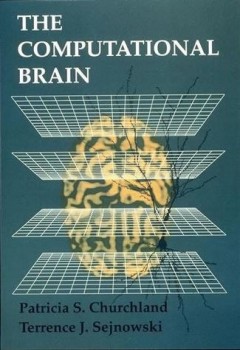
The Computational Brain
"A Bradford book.""How do groups of neurons interact to enable the organism to see, decide, and move appropriately? What are the principles whereby networks of neurons represent and compute? These are the central questions probed by The Computational Brain. Churchland and Sejnowski address the foundational ideas of the emerging field of computational neuroscience, examine a diverse range of neu…
- Edition
- -
- ISBN/ISSN
- 9780262270298
- Collation
- 1 online resource (xi, 544 pages) :illustrations.
- Series Title
- -
- Call Number
- -
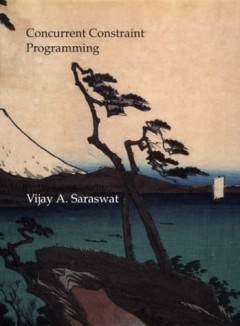
Concurrent constraint programming
Concurrent Constraint Programming introduces a new and rich class of programming languages based on the notion of computing with partial information, or constraints, that synthesize and extend work on concurrent logic programming and that offer a promising approach for treating thorny issues in the semantics of concurrent, nondeterministic programming languages. Saraswat develops an elegant and…
- Edition
- -
- ISBN/ISSN
- 9780262290975
- Collation
- 1 online resource (xl, 486 pages) :illustrations.
- Series Title
- -
- Call Number
- -
 Computer Science, Information & General Works
Computer Science, Information & General Works  Philosophy & Psychology
Philosophy & Psychology  Religion
Religion  Social Sciences
Social Sciences  Language
Language  Pure Science
Pure Science  Applied Sciences
Applied Sciences  Art & Recreation
Art & Recreation  Literature
Literature  History & Geography
History & Geography